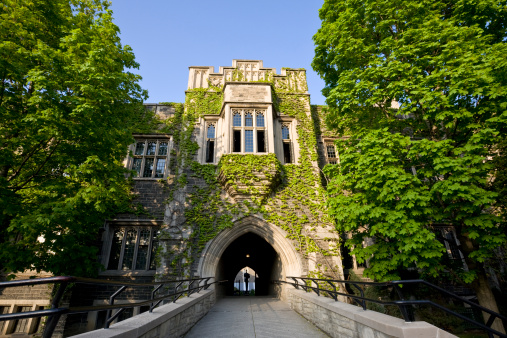The Royal Military College of Canada has received over $4.7 million from the Government of Canada for two projects that will study the impacts of climate change on transportation corridors and infrastructure in the Northwest Territories.
“Our government has demonstrated a clear commitment to the North,” said Michael McLeod, member of parliament for Northwest Territories. “The resiliency of our transportation system is critical to our economic growth and social development. These projects will address the impacts of climate change on Northern transportation and improve safety for communities in the Northwest Territories.”
The results of the first project will inform future transportation design best practices and have broad benefits that can apply to all northern communities.
The second project will assess the overall performance of the Inuvik-Tuktoyaktuk Highway at key locations, and will provide data on infrastructure performance in light of climate change. The study will also analyze future climate scenarios to develop a toolkit and best practices to support northern transportation infrastructure.
These investments are expected to have important economic and employment benefits for Canada by creating an estimated 70 full time jobs during the studies.
“Transportation is a lifeline for Northern communities and for economic development in Canada’s Arctic,” said Marc Garneau, Canada’s minister of transport. “By finding ways to make our infrastructure more resilient, we are improving transportation safety and reliability.”
Projects in the North receiving funding are supporting northern transportation infrastructure such as ports, airports, all-season roads and bridges. They are also enhancing safety, security, economic and/or social development in Canada’s three territories.
In addition to this, the projects are addressing the unique and urgent transportation needs in Canada’s territorial North, such as access to markets, economic opportunities, communities, and essential services. This is despite difficult terrain and severe climate conditions and the high cost of construction along Canada’s northern trade corridors.
Territorial and municipal governments, Indigenous groups, not-for-profit and for-profit private-sector organizations, and federal Crown Corporations and Agencies are all eligible for funding under the National Trade Corridors Fund.











